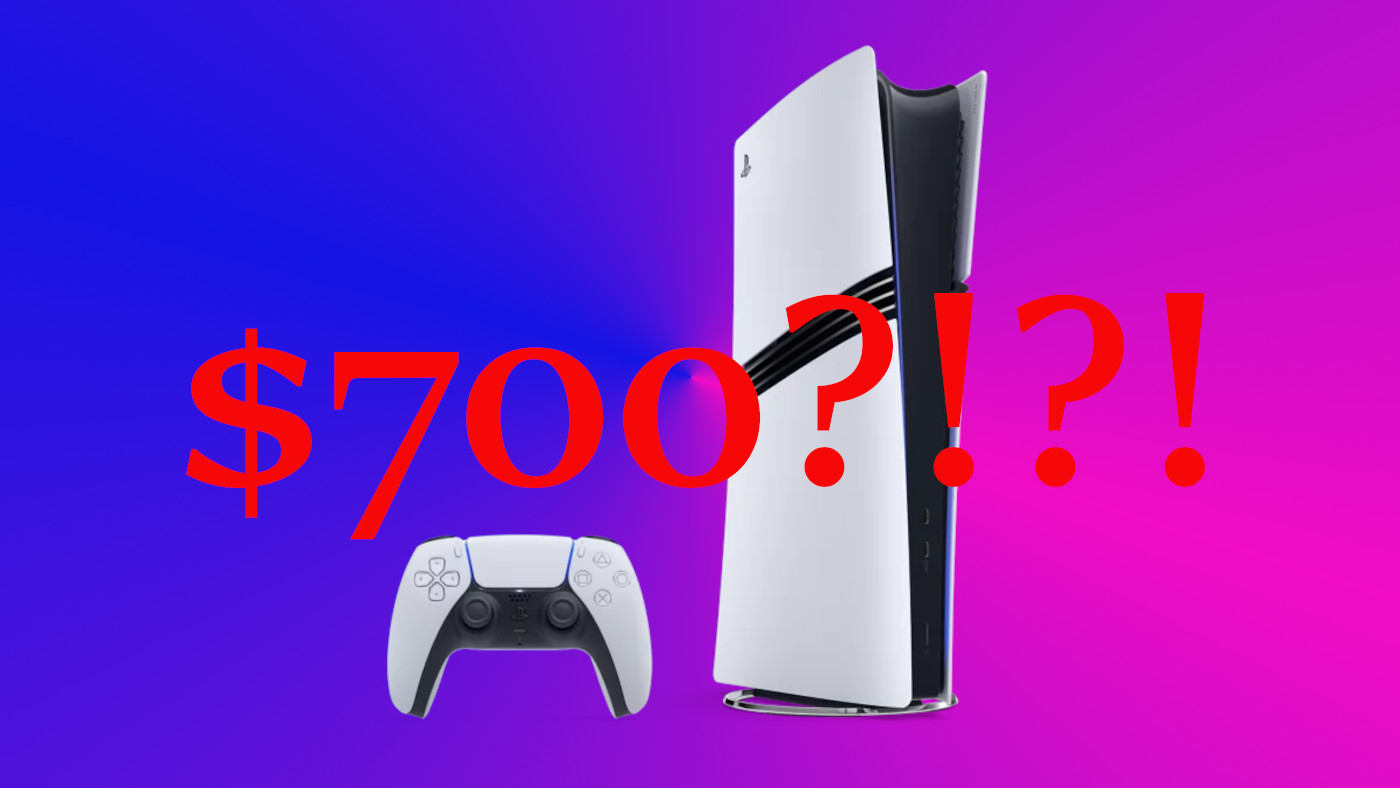
Sony revealed its PlayStation 5 Pro on September 10, and it was unsurprisingly met with mixed reactions. Coming in at $700/£700 in the US/UK and €800 in Europe, the PS5 Pro seems to mainly target current PS5 owners who want an upgrade to their current system. With trade-in deals cutting the price of a PS5 Pro in half, Sony is clearly aiming at the enthusiast console market.
While it certainly looks on paper like an improvement over its non-Pro predecessor — Sony says the GPU has 67% more compute units, 28% faster memory, improved ray tracing, new AI upscaling, and 45% faster rendering — Sony has now reached a price point where it’s competing with gaming PCs.
The prices I quoted above don’t even include the PS5 Pro’s separate disc drive and vertical stand, which respectively run at about $80 and $30. Toss in a PSN subscription for a year just so you can play with your friends, and you’re looking at nearly $1,000 to get going.
My immediate reaction to the PS5 Pro was, “Just build a gaming PC,” and I know I wasn’t the only one saying the same thing. I enjoy console gaming and can see where they make sense in the gaming ecosystem, but the argument for switching to PC gaming keeps getting stronger as flagship consoles increase in price (and become more akin to a PC with hardware advancements).
If you’re on the fence about a switch to PC gaming, I’ve come up with five reasons why you should make the switch and three reasons why you might want to stick with Sony’s new console.
Why you should choose PC gaming instead of a PS5 Pro
Let's start by taking a look at the five main reasons I can think up as to why now is a great time to switch to PC gaming.
1. You can build a great gaming PC for the same price as a PS5 Pro
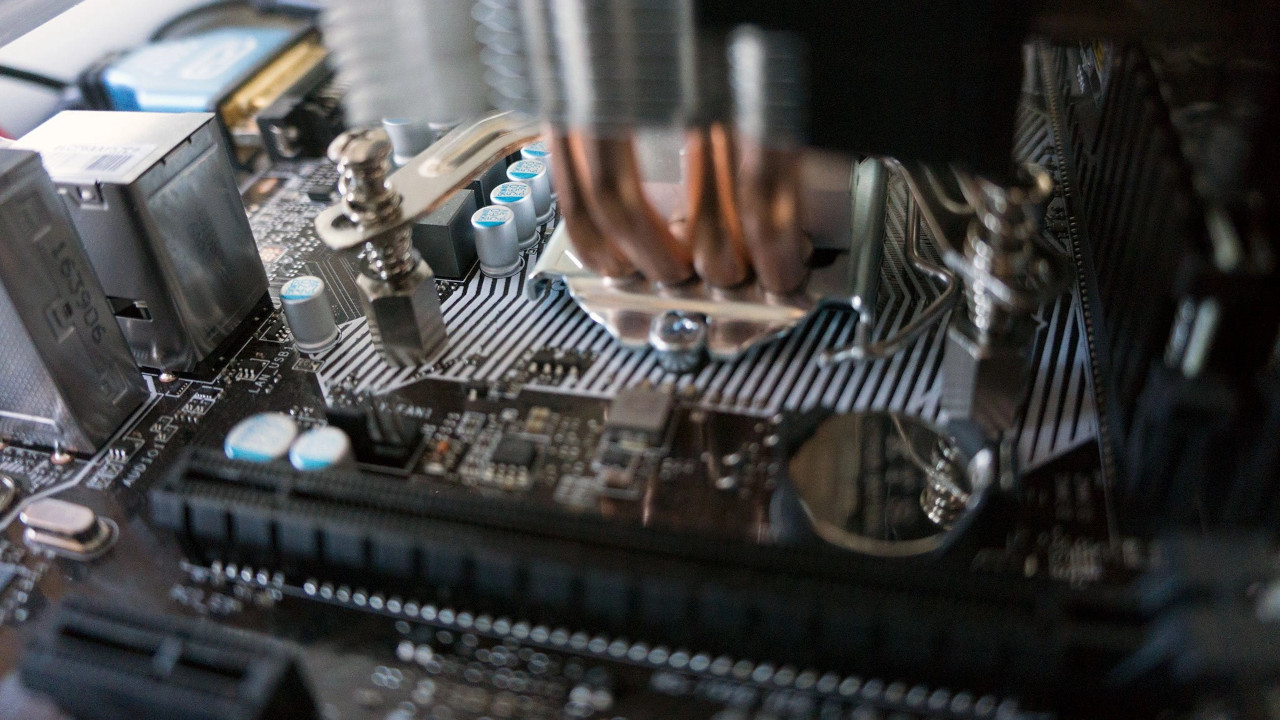
The PS5 Pro might seem like a steal when compared to high-end gaming PCs, but the fact is that most gamers aren't building a rig with thousands of dollars of hardware.
There's a definite sweet spot somewhere between $800 and $1,000 where you can get a quality gaming PC put together, especially if you do the work yourself. Building a PC isn't something that everyone wants to do (even though it keeps getting easier), but there are pre-built systems available for around the same price. Some of the best pre-built gaming PCs often enjoy discounts, and you might be able to snag a great deal on something that comes pre-assembled.
Beyond the hardware costs, investing in a gaming PC will save you money over time. There aren't any yearly fees just to play online, games cost less and are more plentiful, and you'll also have a PC sitting around that can do a lot more than just play games. Even if you don't get quite as much performance potential, you're still getting a piece of hardware with more value.
I've put together a budget PC build guide at the end of this article to help you get an idea of what sort of hardware is available for around $800.
2. PCs have access to far more games and stores
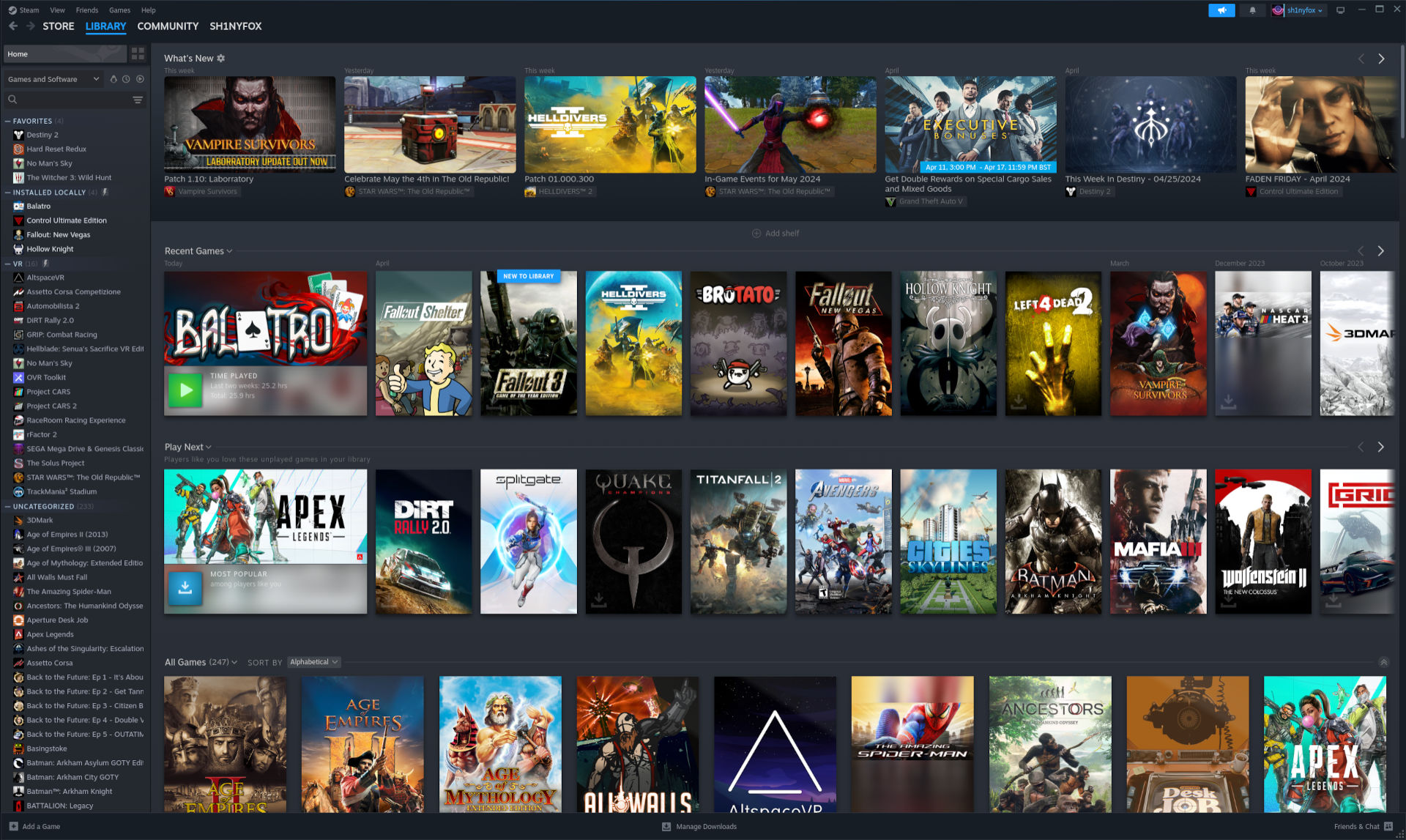
When you buy a PS5 Pro, you're locking into Sony's PlayStation Network (PSN) and PlayStation Store. Sure, you can buy physical copies of games at other retailers, but you'll have to shell out extra for a disc drive to play them. This allows Sony to control prices, and in general, you'll pay a lot more for games on a console. Sure, there are sales on PSN and at third-party key retailers, but they're nowhere as plentiful as on a PC.
PC gaming went almost completely digital years ago, mainly on the back of Steam's storefront. It's one of the most consumer-friendly platforms I've ever seen, with easy refunds, absolutely rocking sales events, and what seems like an infinite number of games to consider.
Steam isn't the only storefront, and there are plenty of others competing for attention. That further drives prices down and opens up offerings of free games (looking at you, Epic), which all benefit the gamer. With regular discounts on top games at sites like CDKeys, I don't think I've paid full price for a game yet this year.
Unless you need to access Sony-exclusive titles on Day One, PC gaming is the place to go for anyone who enjoys a wide variety of games. With many Sony- and Xbox-exclusive games eventually arriving on PC, all you need is a little patience to play everything.
3. PCs can be upgraded over time to stay relevant
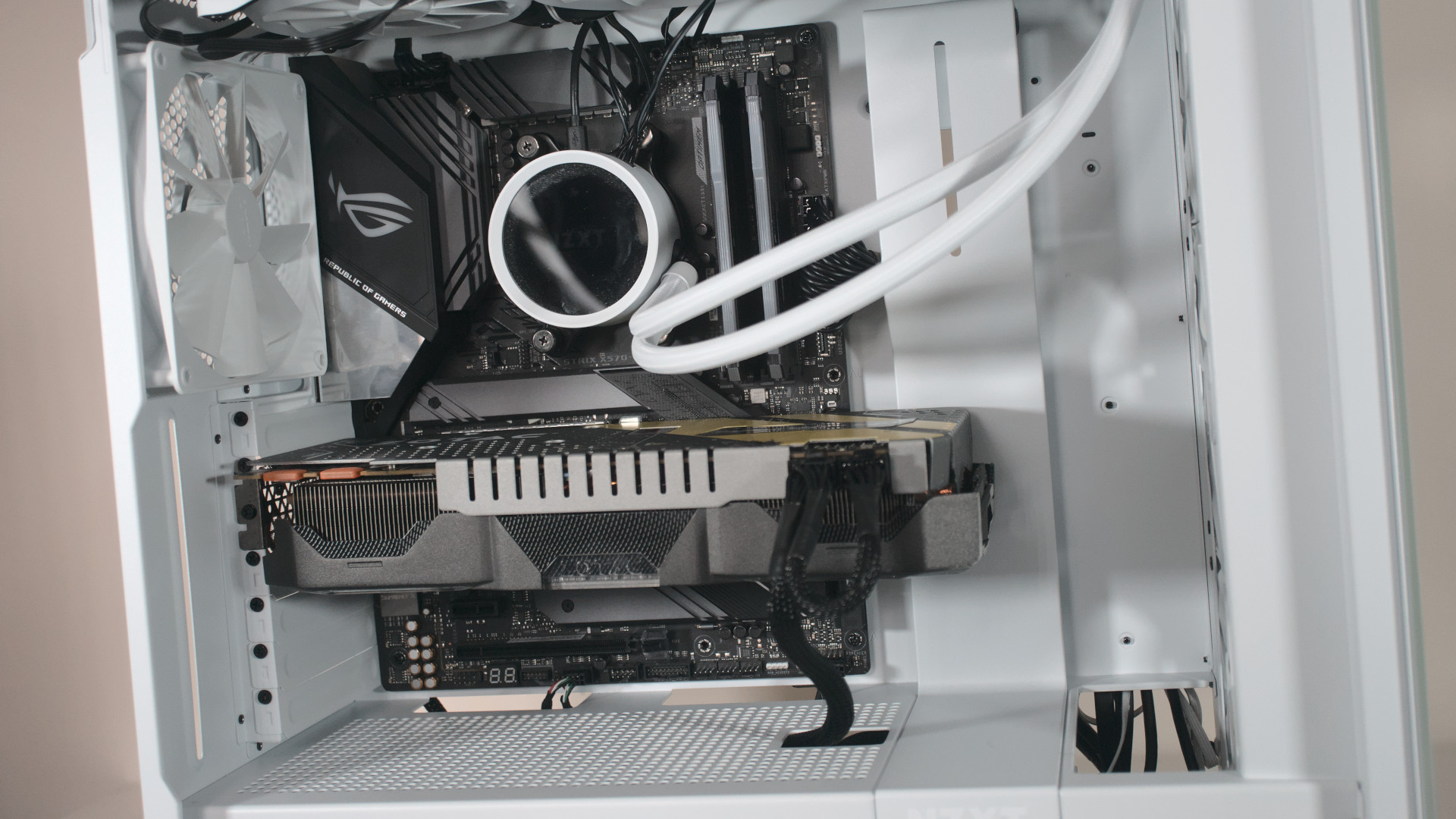
I love tinkering with my PC, and the fact that I can add new hardware slowly over time to keep it relevant seems like a no-brainer. Want more memory? No problem; pick up a couple of sticks on sale. Need more storage for games? Same thing. Want to go big and upgrade your graphics card (GPU) or processor (CPU)? You definitely don't need to buy an entirely new console.
There are a couple of PCs in my office that I view within the "Grandfather's Axe" paradox, where I've swapped out so much hardware I don't remember what the original PC looked like. Try doing that with a console.
The fact that you can take your time and upgrade as you want or when you find the right price should make a lot of sense for many gamers. More money to spend on actual games is always welcome.
4. PCs can be used for more than just gaming
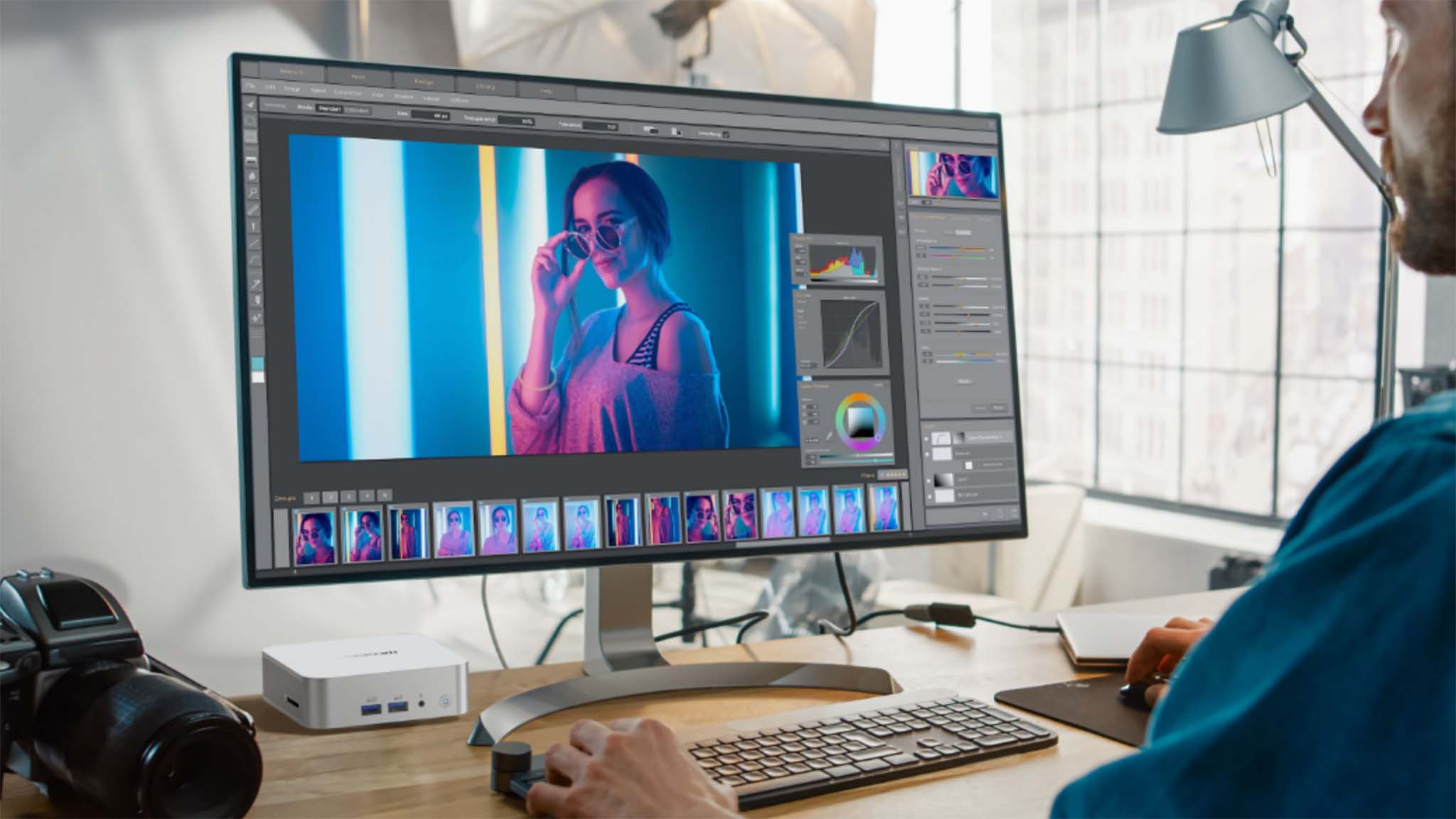
You bought a PS5 Pro, and you're using it for gaming, as it was intended. Great.
You bought a gaming PC, and you're using it for gaming and practically anything else you need to do on a screen. Even better.
The benefit of having a multipurpose PC can't go unsaid. I use my main gaming PC for sound editing and recording, artwork, productivity, Photoshop, video conferencing, and much more. The value there shouldn't be ignored, and if you also need to use a PC regularly, you're essentially ticking off two boxes simultaneously.
5. PCs offer more control over your games
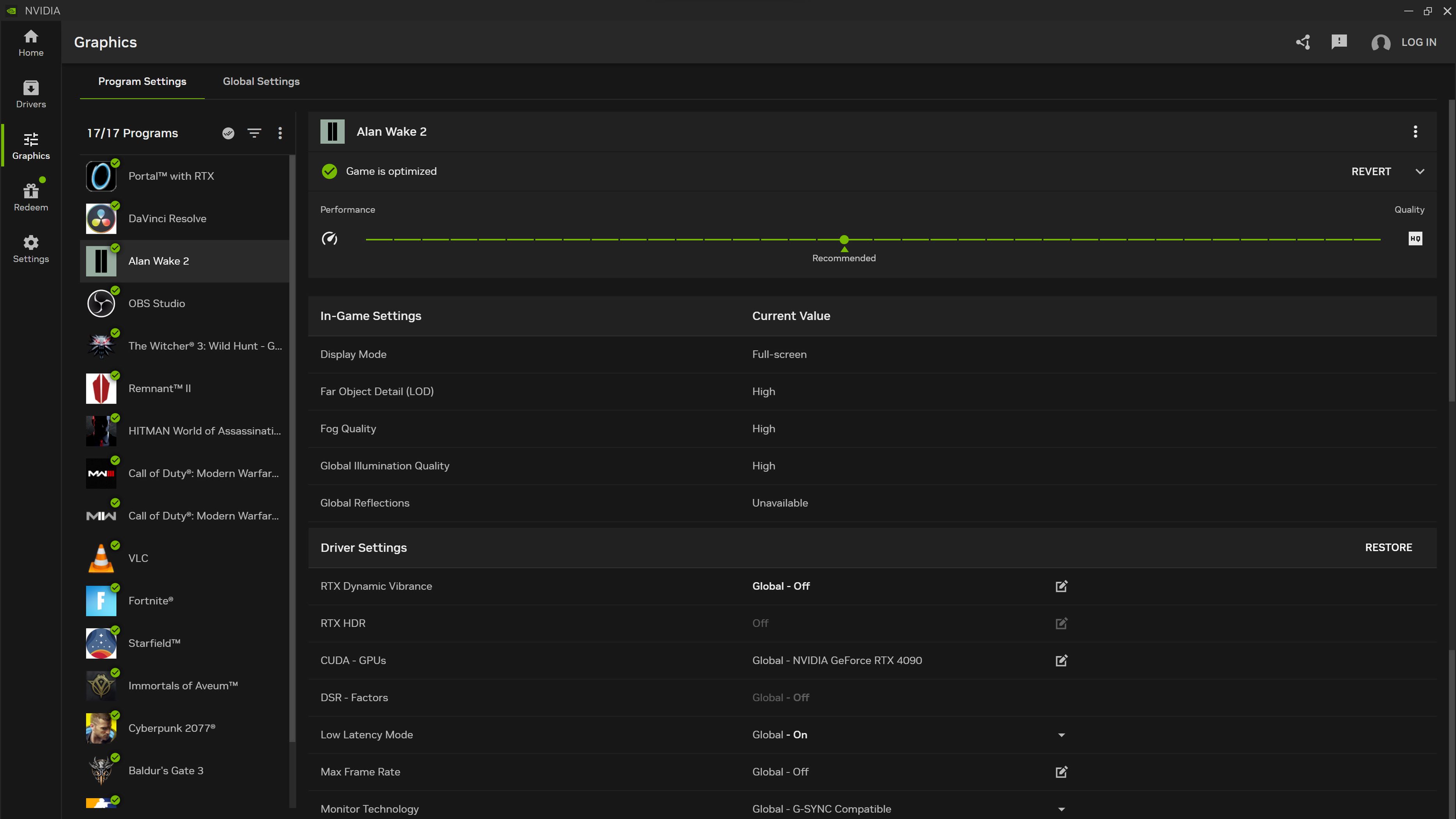
Games built for consoles are tailored for a specific set of hardware, and you can expect a certain level of guaranteed performance. Sometimes that's good, and other times you're stuck with 30 FPS.
PCs are different. Games are made to run on a wide range of hardware, and while this can be detrimental in some ways, it also allows you to tailor your system to run the specific game. Not happy with your current framerate? It can probably go higher if you don't mind spending a few minutes optimizing settings in and out of the game.
The fact that you can also decide to upgrade your PC at any time to get better performance in a highly anticipated title is another bonus.
When it makes sense to stick with a PS5 Pro
Not convinced that PC gaming is the way to go? Here are three reasons why it makes sense to stick with Sony's console.
1. All of your friends are already on PlayStation
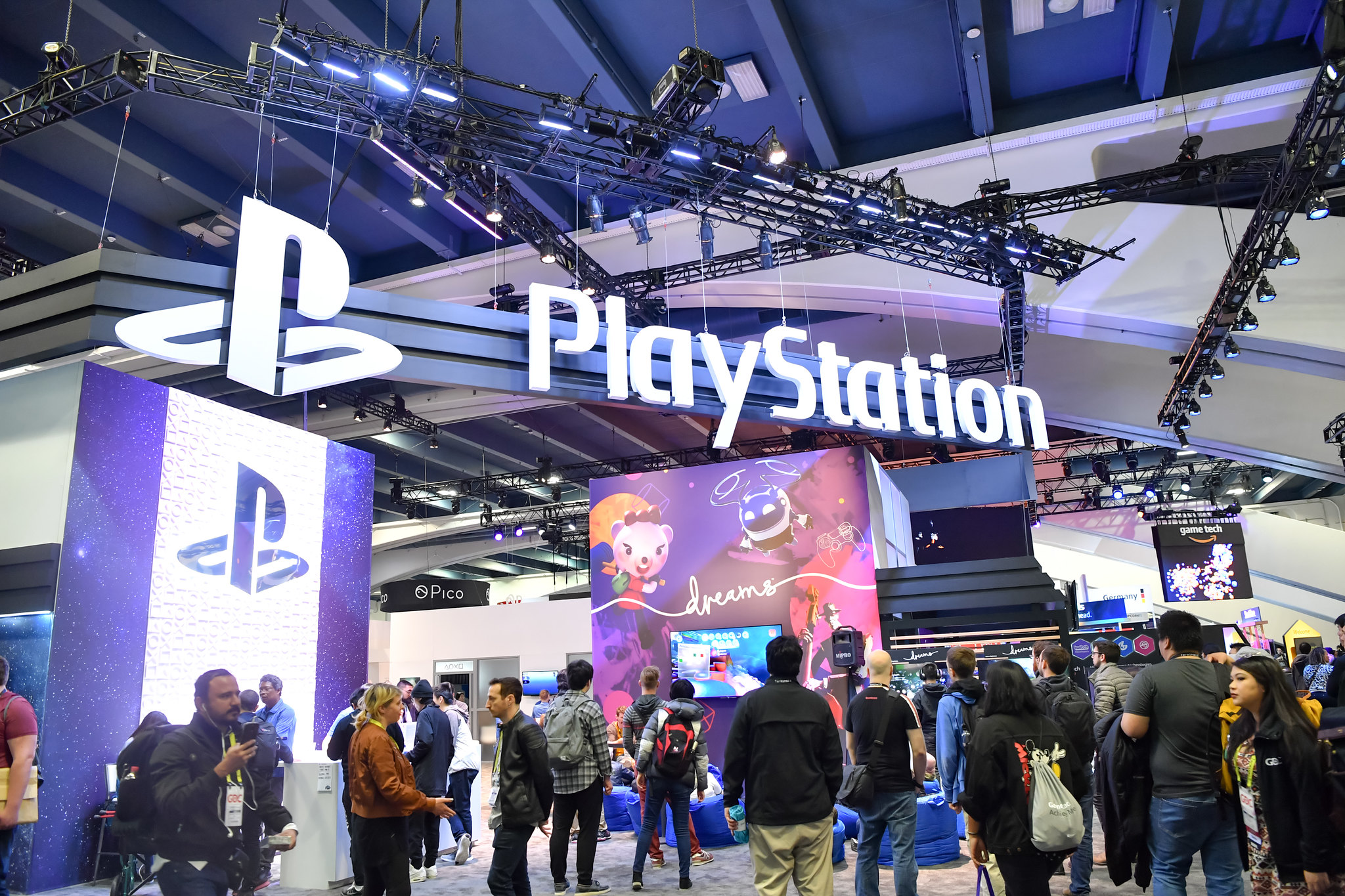
Like Xbox Live, Sony's PlayStation Network is a paid program that gives you access to online play with your friends.
One strong argument against the move to PC gaming is that all of your friends are on PlayStation, with no ambition to switch.
Crossplay between platforms is becoming more common, but there are still plenty of examples where PC and PlayStation can't play together.
2. You live in a place where PC parts aren't easy to buy
PC parts can be harder to find than you think, especially if you live outside of major cities. Your country might even require you to import hardware, which adds cost and makes it harder to source parts.
If that sounds familiar, the convenience of a one-stop purchase for a PS5 Pro likely makes more sense. Even if you buy a pre-built gaming PC, the eventual upgrade route will be harder to navigate.
3. You want access to exclusives on Day One
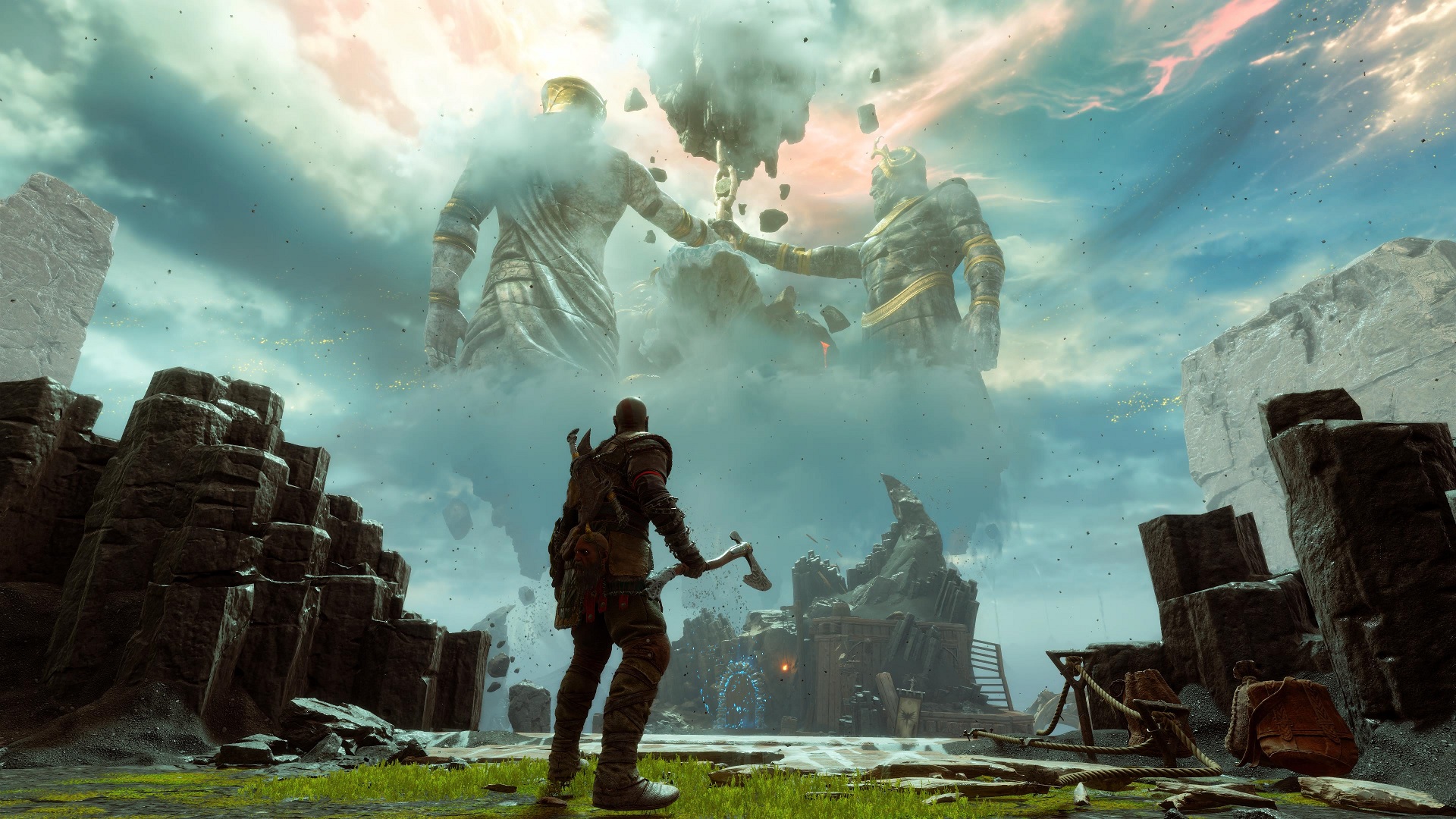
Sony has some great exclusive titles, and they generally come to PlayStation first. If you can't wait to enjoy these games, a PS5 Pro no doubt makes more sense.
I'm perfectly happy waiting for the likes of Spider-Man Remastered, God of War, and Ghost of Tsushima to arrive on PC, but that's not the case for everyone.
How to build a gaming PC for $800
Choosing the right parts for a certain budget and performance level might be easier than you think.
PCPartPicker has long been my go-to site for coming up with theoretical PC builds, and it includes countless builds that other users have put together. You can spend hours choosing different hardware, all with a compatibility filter in place to ensure everything you buy works together.
I came up with this budget PC gaming build while writing this article to help you get an idea of what sort of hardware can be had in the price range.
- AMD Ryzen 7 5700X3D CPU | $204 at Walmart
- Cooler Master Hyper 212 Black Edition cooler | $30 at Best Buy
- Gigabyte A520M S2H motherboard | $70 at Amazon
- Kingston FURY Beast 2x8GB DDR4-3600MHz RAM | $34 at B&H
- WD Black SN770 500GB M.2 PCIe 4.0 NVMe SSD | $58 at Amazon
- MSI Ventus 2X RTX 3060 12GB | $265 at Newegg
- Thermaltake S100 Tower | $56 at Newegg
- EVGA 650W N1 PSU | $54 at Amazon
Without adding a Windows license, the total comes out to about $771 at the time of writing. Add in some case fans of your choosing, and that might climb to about $800. That's before considering the frequent discounts available on PC hardware, especially as we approach Black Friday/Cyber Monday season.
This is a rather basic gaming PC that can handle a 1440p resolution at mid-to-high framerates. It's not 4K ready, and it won't crush ray tracing, but that won't matter to a lot of people. You'll also have to consider the cost of a quality gaming monitor, which also varies wildly in pricing, but you also need a display to use with the PS5 Pro.
You can spend a bit more and get something on AMD's AM5 platform, which is what it will be using for the foreseeable future. That will make your PC more future-proof, though the AM4 platform used for the build above isn't going anywhere yet. AMD even launched some new Ryzen 5000 chips at the same time as its latest Ryzen 9000 hardware, signaling that the company isn't done keeping older PCs relevant.
If you're interested in gaming on the go, picking up a great gaming handheld or a powerful gaming laptop no doubt makes more sense. For the former, you'll get less performance at the benefit of mobility, while in the latter case, you'll generally spend more for hardware that matches a desktop PC.
What about mini PCs?
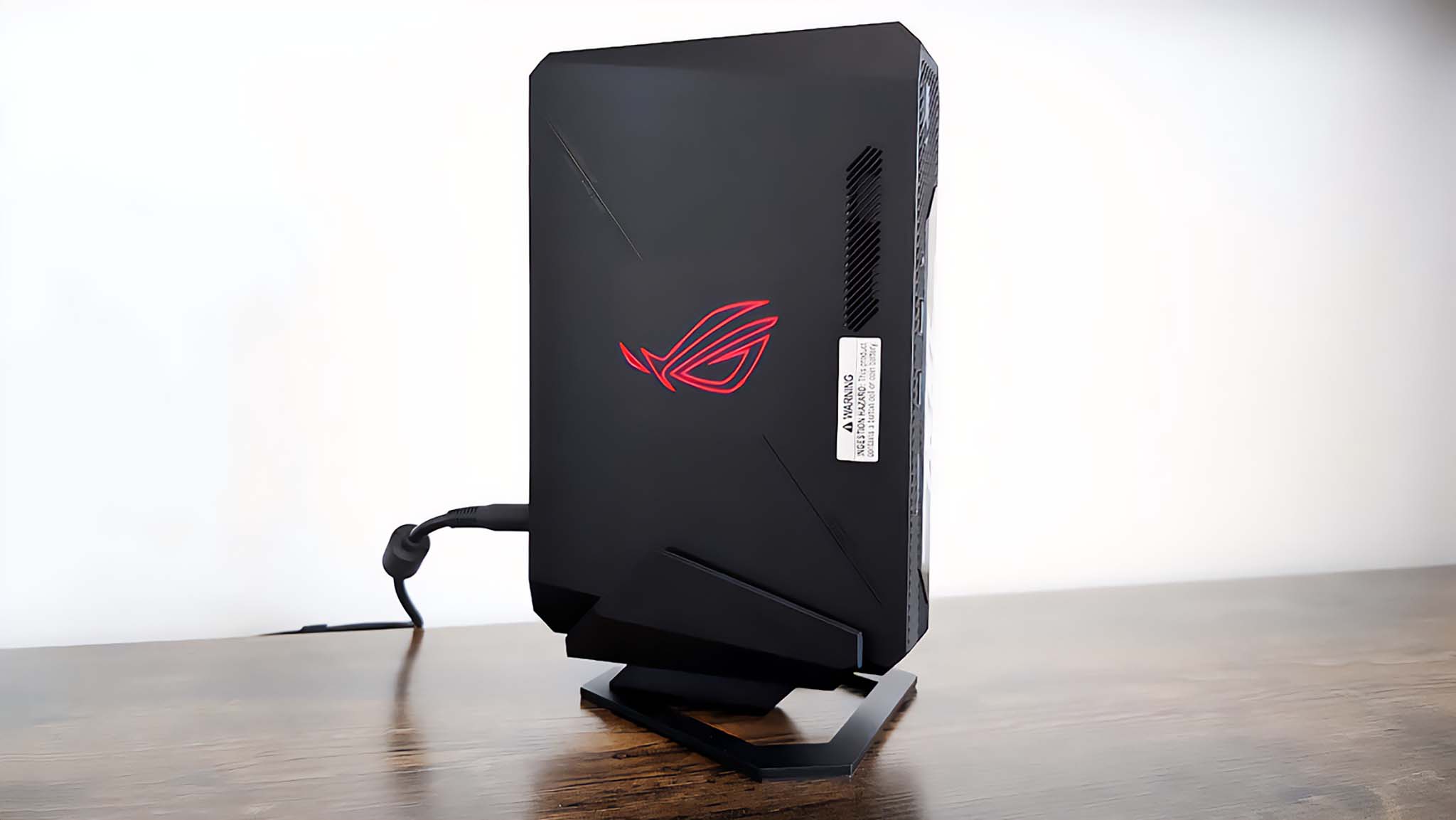
Mini PCs keep getting better, and you can find plenty of great small gaming PCs that are no bigger (and often a lot smaller) than a console.
Something like the ASUS ROG NUC 970 we reviewed favorably packs in an RTX 4070 GPU and Intel Core Ultra 9 CPU, but it doesn't come cheap at about $2,200.
Sure, there are lots of mini PCs that are super cheap, especially after a discount, but they're not usually made for PC gaming. If you're looking for a computer that can handle gaming for less money, it's best to stick with a full-size option.







